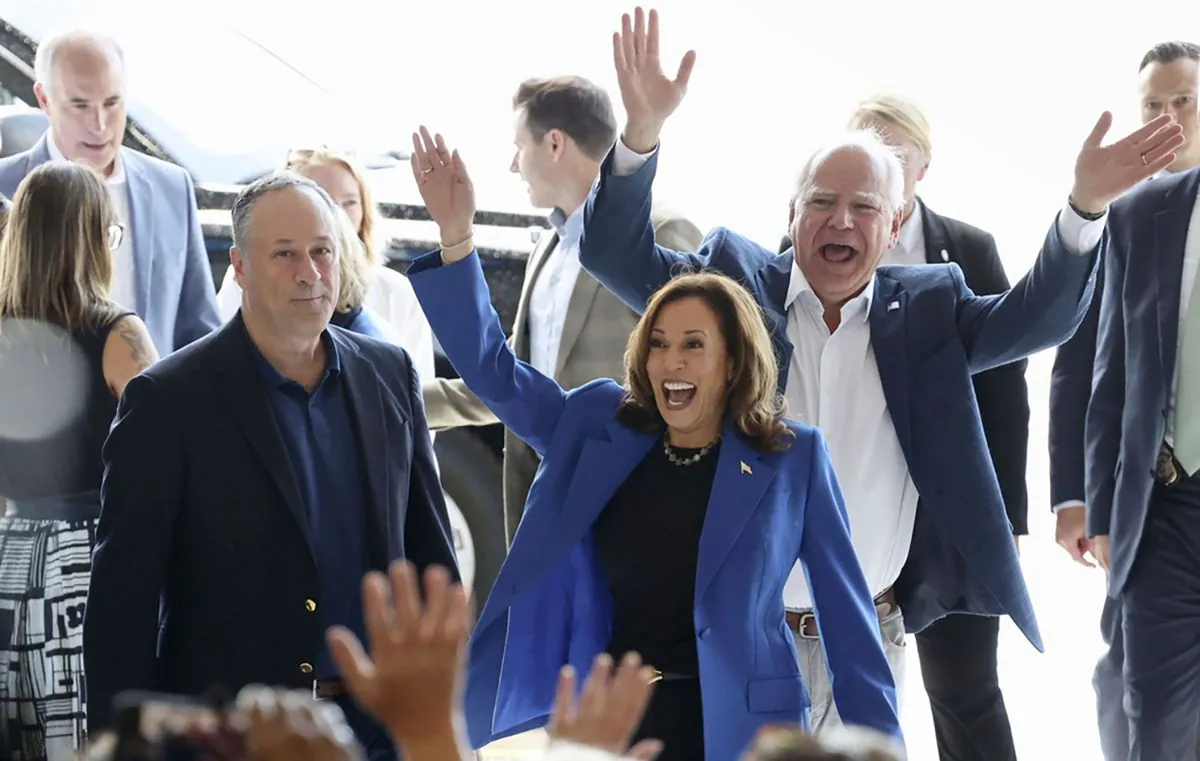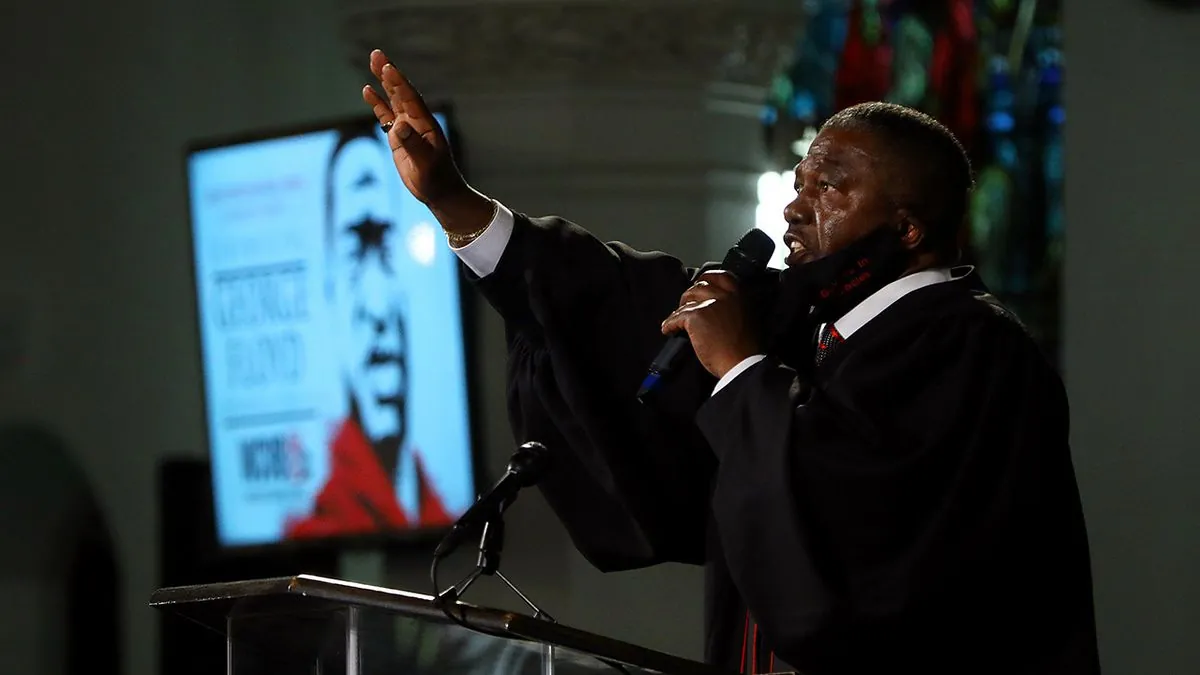Evangelical Shift: Growing Support for Harris Challenges Trump's Base
A diverse coalition of evangelicals is backing Vice President Kamala Harris, offering an alternative to Trump's conservative Christian base. This shift reflects changing perspectives within the evangelical community.

In a surprising turn of events, a small but diverse coalition of evangelical Christians is rallying behind Vice President Kamala Harris, challenging the long-standing alliance between conservative evangelicals and former President Donald Trump. This shift reflects a growing debate within the evangelical community about political allegiances and the true essence of their faith.
Grassroots organizations like Evangelicals for Harris are spearheading this movement, running targeted advertisements and hosting virtual events to promote their cause. Despite some policy differences, these groups argue that Harris represents a better choice for the upcoming election.
The Rev. Dwight McKissic, a Baptist pastor from Texas, expressed his support for Harris, citing her stronger character and qualifications. Similarly, Presbyterian pastor Lee Scott acknowledged disagreements on certain policies but praised Harris's pro-family platform, including her education policies and promise to expand the child tax credit.

This emerging support for Harris among evangelicals is particularly significant given the historical voting patterns of this group. In the 2020 election, approximately 80% of evangelical voters supported Trump, according to AP VoteCast. However, the Harris campaign sees potential in reaching out to the remaining 20%, especially in swing states where every vote counts.
The campaign's religious outreach efforts, led by the Rev. Jen Butler, are targeting various faith communities, including Black Protestants, Latino evangelicals, and mainline Protestants across key battleground states. This strategy reflects the diverse nature of the evangelical community, which comprises about 25% of the US population and includes various denominations and ethnic groups.
"By endorsing Harris, I hope to show that there are other voices in the church aside from the religious right and Trump evangelicals."
The shift in evangelical support also highlights the evolving definition of the term "evangelical" itself. Historically, evangelicalism referred to Christians holding conservative theological beliefs, such as the importance of the Bible and being "born again." However, Ryan Burge, a political science professor at Eastern Illinois University, argues that the term has become increasingly synonymous with Republican voters.
This changing landscape of evangelical identity is exemplified by individuals like Latasha Morrison, who only began identifying as evangelical after attending predominantly white churches. Her journey from voting Republican based on anti-abortion views to supporting Harris illustrates the complex interplay of faith, politics, and personal experiences within the evangelical community.
As the election approaches, the impact of this evangelical shift remains to be seen. However, it's clear that the traditional monolithic view of evangelical voters is being challenged, reflecting broader changes in American religious and political landscapes.


































